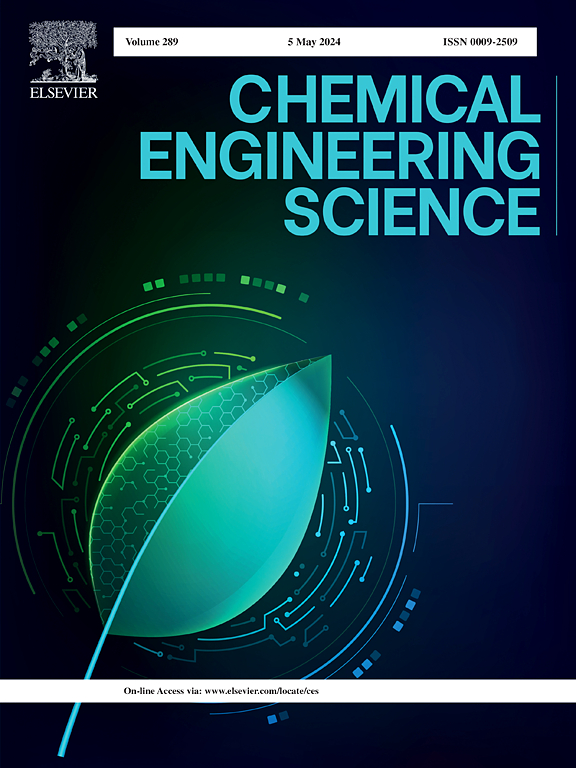Automated deep learning model development based on weight sensitivity and model selection statistics
IF 4.3
2区 工程技术
Q2 ENGINEERING, CHEMICAL
引用次数: 0
Abstract
Current sustainable production and consumption processes call for technological integration with the realm of computational modeling especially in the form of sophisticated data-driven architectures. Advanced mathematical formulations are essential for deep learning approach to account for revealing patterns under nonlinear and complex interactions to enable better prediction capabilities for subsequent optimization and control tasks. Bayesian Information Criterion and Akaike Information Criterion are introduced as additional constraints to a mixed-integer training problem which employs a parameter sensitivity related objective function, unlike traditional methods which minimize the training error under fixed architecture. The resulting comprehensive optimization formulation is flexible as a simultaneous approach is introduced through algorithmic differentiation to benefit from advanced solvers to handle computational challenges and theoretical issues. Proposed formulation delivers 40% reduction, in architecture with high accuracy. The performance of the approach is compared to fully connected traditional methods on two different case studies from large scale chemical plants.
基于权重敏感性和模型选择统计的自动深度学习模型开发
当前的可持续生产和消费过程需要与计算建模领域进行技术整合,特别是以复杂的数据驱动架构为形式。高级数学公式对深度学习方法至关重要,可用于解释非线性和复杂互动下的揭示模式,从而为后续优化和控制任务提供更好的预测能力。贝叶斯信息准则(Bayesian Information Criterion)和阿凯克信息准则(Akaike Information Criterion)被引入作为混合整数训练问题的附加约束条件,该问题采用了与参数灵敏度相关的目标函数,与在固定架构下最小化训练误差的传统方法不同。由此产生的综合优化公式非常灵活,因为通过算法差异化引入了一种同步方法,从而受益于先进的求解器,以应对计算挑战和理论问题。所提出的方案能在高精度的架构下减少 40% 的误差。在两个不同的大型化工厂案例研究中,该方法的性能与完全连接的传统方法进行了比较。
本文章由计算机程序翻译,如有差异,请以英文原文为准。
求助全文
约1分钟内获得全文
求助全文
来源期刊

Chemical Engineering Science
工程技术-工程:化工
CiteScore
7.50
自引率
8.50%
发文量
1025
审稿时长
50 days
期刊介绍:
Chemical engineering enables the transformation of natural resources and energy into useful products for society. It draws on and applies natural sciences, mathematics and economics, and has developed fundamental engineering science that underpins the discipline.
Chemical Engineering Science (CES) has been publishing papers on the fundamentals of chemical engineering since 1951. CES is the platform where the most significant advances in the discipline have ever since been published. Chemical Engineering Science has accompanied and sustained chemical engineering through its development into the vibrant and broad scientific discipline it is today.
 求助内容:
求助内容: 应助结果提醒方式:
应助结果提醒方式:


